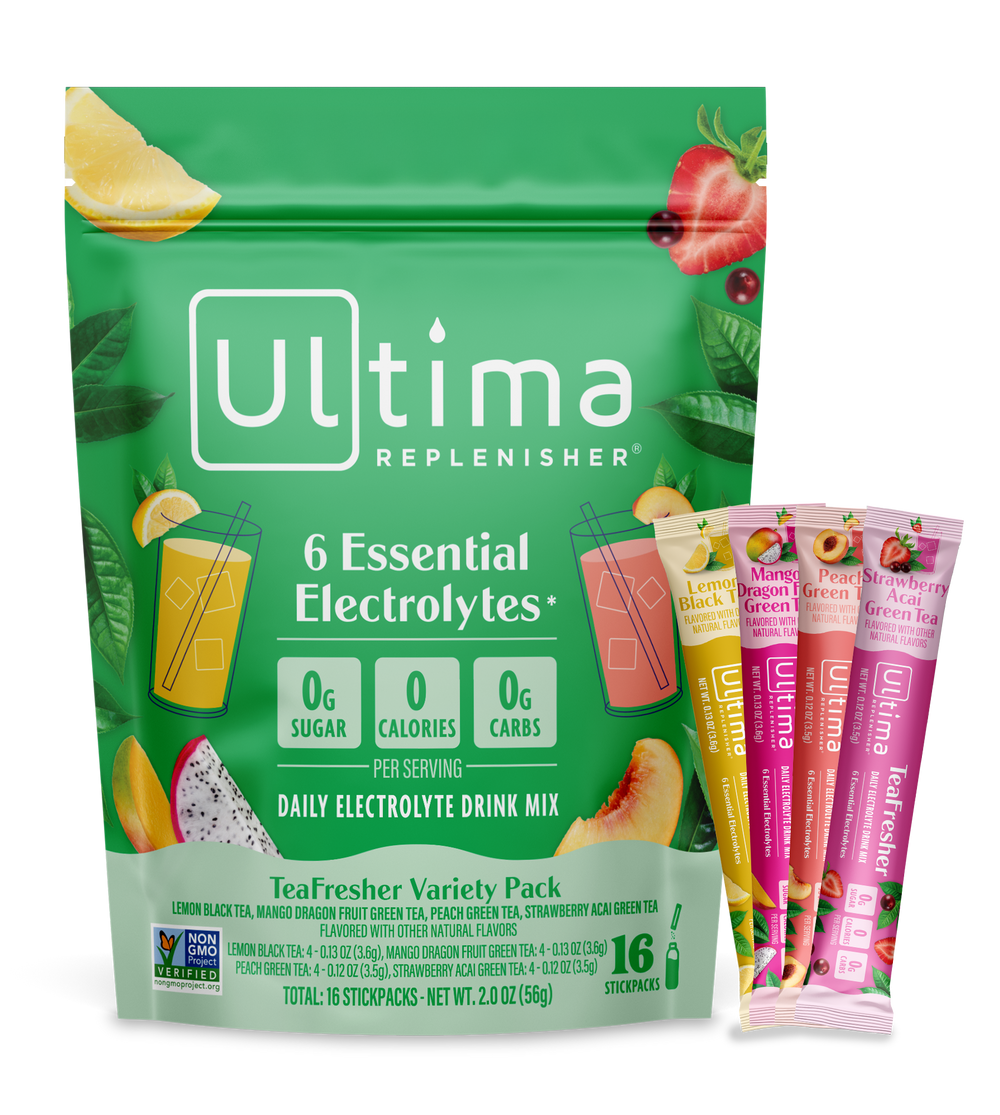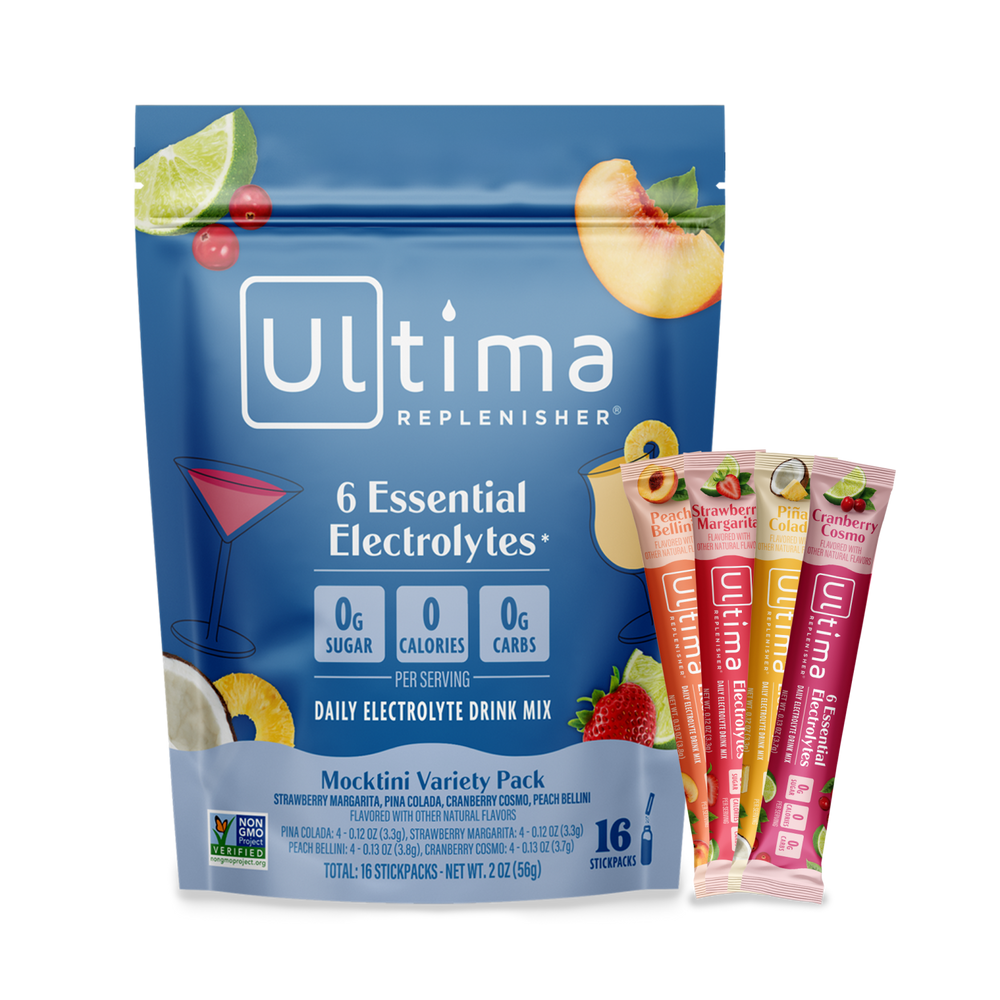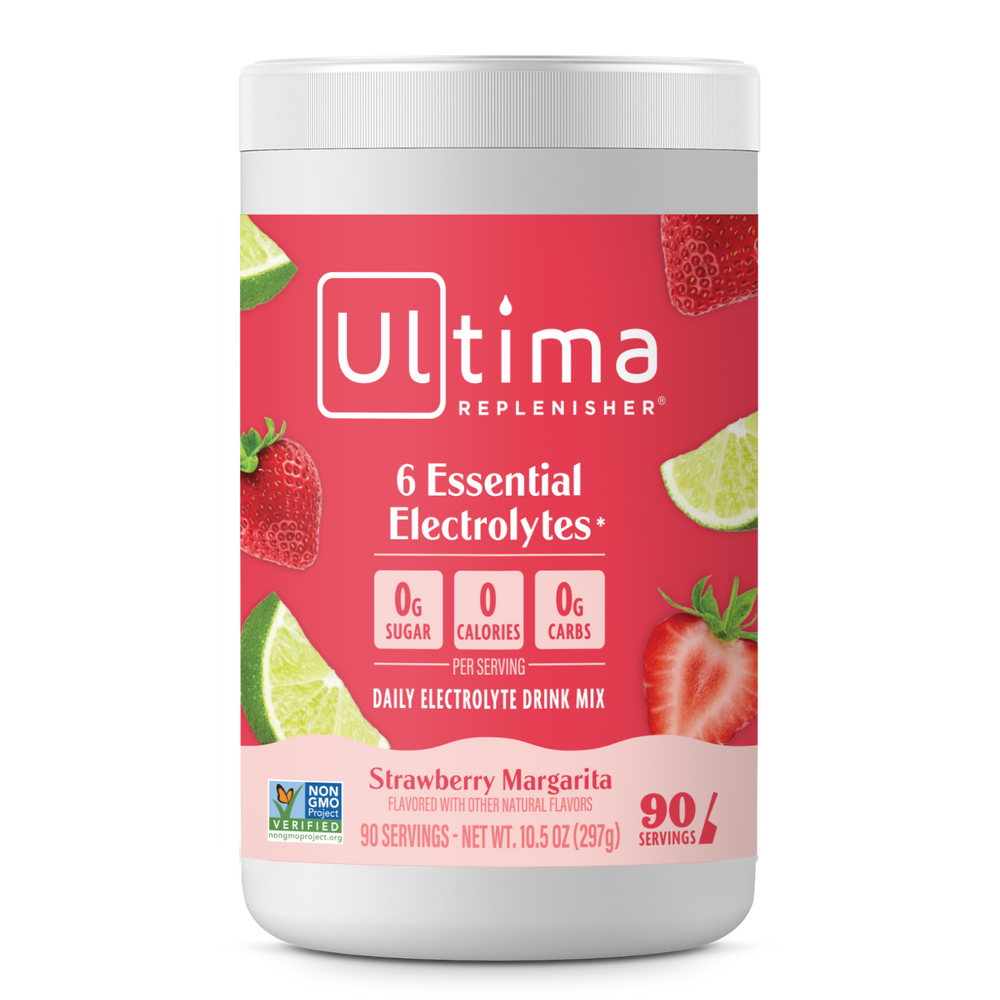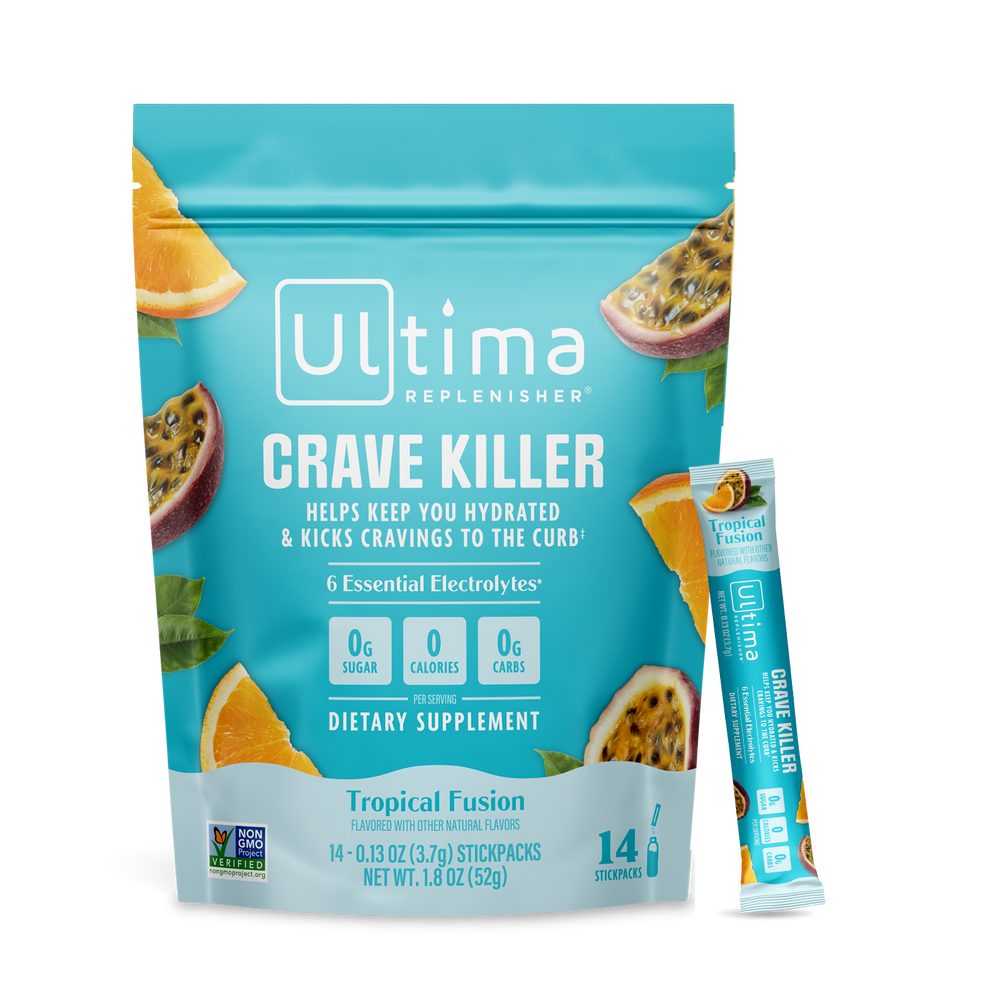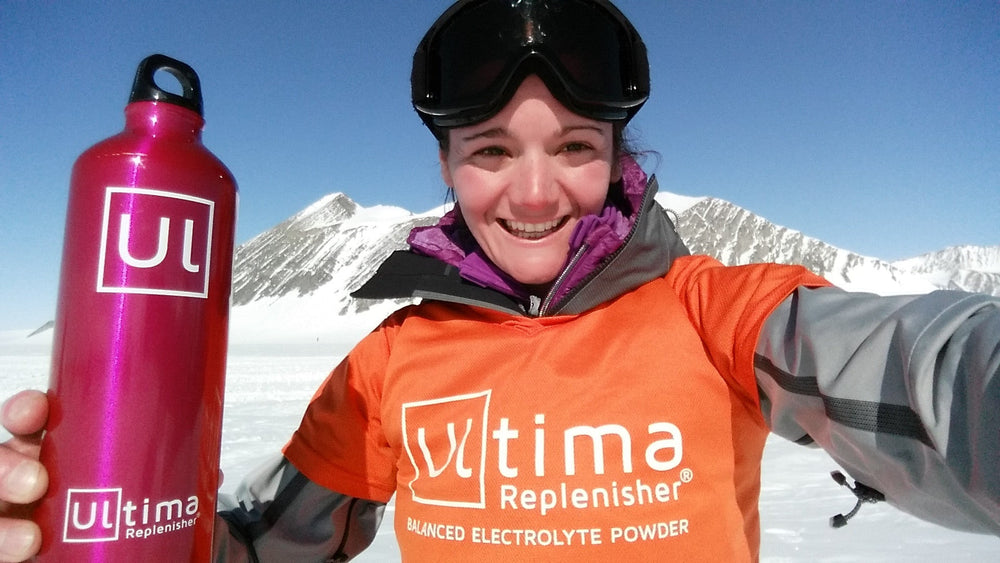Preventing Dehydration on Airplanes
Will you be traveling by plane over the holidays? The last thing you want to do is arrive at your destination unwell. The low humidity in planes can cause health problems for passengers who do not take precautions. The air inside the plane cabin is usually between 10-16 percent humidity level -- a significant drop from normal indoor humidity levels of 30 to 50 percent. What are the risks of low humidity? Low humidity on planes leads to dehydration. This can cause problems from itchy skin and eyes to potentially fatal respiratory problems for people with conditions such as asthma or allergies.
Additionally, "many cold viruses thrive in low humidity, making the nasal passages drier and more vulnerable to infection," the Wexler Medical Center points out.
According to Mayo Clinic cardiologist Martha Grogan, M.D., dehydration on board also increases one's risk for deep vein thrombosis (DVT), the formation of blood clots in deep veins.
Dehydration also worsens the symptoms of jet-lag, according to Dr. Jo Lichten.
What can you do to avoid dehydration?
— Drink plenty of water! Yes, it's a rip-off, but stock up on bottled water once you've gone through security. Or refill, if your airport has a "hydration station." Keep in mind, you should drink 8 ounces of water for every hour on board.
— Adding a packet of Ultima Replenisher to your water fuels your body with the electrolytes that are essential for combatting dehydration. The individual packets are convenient for travel. Ultima Kids Formula is great if you are traveling with little ones.
— Avoid alcohol and caffeine, which act as diuretics and cause dehydration.
— Bring a travel-sized (3.4 oz or smaller) bottle of lotion to moisturize your skin.
— Bring eye drops, especially if you wear contact lenses.
— After your flight, you can restore some moisture to your body through your pores by soaking in a bath or pool.
These tips will lead to more comfortable and healthier travels! What are your travel tips?
What are the risks of low humidity? Low humidity on planes leads to dehydration. This can cause problems from itchy skin and eyes to potentially fatal respiratory problems for people with conditions such as asthma or allergies.
Additionally, "many cold viruses thrive in low humidity, making the nasal passages drier and more vulnerable to infection," the Wexler Medical Center points out.
According to Mayo Clinic cardiologist Martha Grogan, M.D., dehydration on board also increases one's risk for deep vein thrombosis (DVT), the formation of blood clots in deep veins.
Dehydration also worsens the symptoms of jet-lag, according to Dr. Jo Lichten.
What can you do to avoid dehydration?
— Drink plenty of water! Yes, it's a rip-off, but stock up on bottled water once you've gone through security. Or refill, if your airport has a "hydration station." Keep in mind, you should drink 8 ounces of water for every hour on board.
— Adding a packet of Ultima Replenisher to your water fuels your body with the electrolytes that are essential for combatting dehydration. The individual packets are convenient for travel. Ultima Kids Formula is great if you are traveling with little ones.
— Avoid alcohol and caffeine, which act as diuretics and cause dehydration.
— Bring a travel-sized (3.4 oz or smaller) bottle of lotion to moisturize your skin.
— Bring eye drops, especially if you wear contact lenses.
— After your flight, you can restore some moisture to your body through your pores by soaking in a bath or pool.
These tips will lead to more comfortable and healthier travels! What are your travel tips?
 What are the risks of low humidity? Low humidity on planes leads to dehydration. This can cause problems from itchy skin and eyes to potentially fatal respiratory problems for people with conditions such as asthma or allergies.
Additionally, "many cold viruses thrive in low humidity, making the nasal passages drier and more vulnerable to infection," the Wexler Medical Center points out.
According to Mayo Clinic cardiologist Martha Grogan, M.D., dehydration on board also increases one's risk for deep vein thrombosis (DVT), the formation of blood clots in deep veins.
Dehydration also worsens the symptoms of jet-lag, according to Dr. Jo Lichten.
What can you do to avoid dehydration?
— Drink plenty of water! Yes, it's a rip-off, but stock up on bottled water once you've gone through security. Or refill, if your airport has a "hydration station." Keep in mind, you should drink 8 ounces of water for every hour on board.
— Adding a packet of Ultima Replenisher to your water fuels your body with the electrolytes that are essential for combatting dehydration. The individual packets are convenient for travel. Ultima Kids Formula is great if you are traveling with little ones.
— Avoid alcohol and caffeine, which act as diuretics and cause dehydration.
— Bring a travel-sized (3.4 oz or smaller) bottle of lotion to moisturize your skin.
— Bring eye drops, especially if you wear contact lenses.
— After your flight, you can restore some moisture to your body through your pores by soaking in a bath or pool.
These tips will lead to more comfortable and healthier travels! What are your travel tips?
What are the risks of low humidity? Low humidity on planes leads to dehydration. This can cause problems from itchy skin and eyes to potentially fatal respiratory problems for people with conditions such as asthma or allergies.
Additionally, "many cold viruses thrive in low humidity, making the nasal passages drier and more vulnerable to infection," the Wexler Medical Center points out.
According to Mayo Clinic cardiologist Martha Grogan, M.D., dehydration on board also increases one's risk for deep vein thrombosis (DVT), the formation of blood clots in deep veins.
Dehydration also worsens the symptoms of jet-lag, according to Dr. Jo Lichten.
What can you do to avoid dehydration?
— Drink plenty of water! Yes, it's a rip-off, but stock up on bottled water once you've gone through security. Or refill, if your airport has a "hydration station." Keep in mind, you should drink 8 ounces of water for every hour on board.
— Adding a packet of Ultima Replenisher to your water fuels your body with the electrolytes that are essential for combatting dehydration. The individual packets are convenient for travel. Ultima Kids Formula is great if you are traveling with little ones.
— Avoid alcohol and caffeine, which act as diuretics and cause dehydration.
— Bring a travel-sized (3.4 oz or smaller) bottle of lotion to moisturize your skin.
— Bring eye drops, especially if you wear contact lenses.
— After your flight, you can restore some moisture to your body through your pores by soaking in a bath or pool.
These tips will lead to more comfortable and healthier travels! What are your travel tips?
